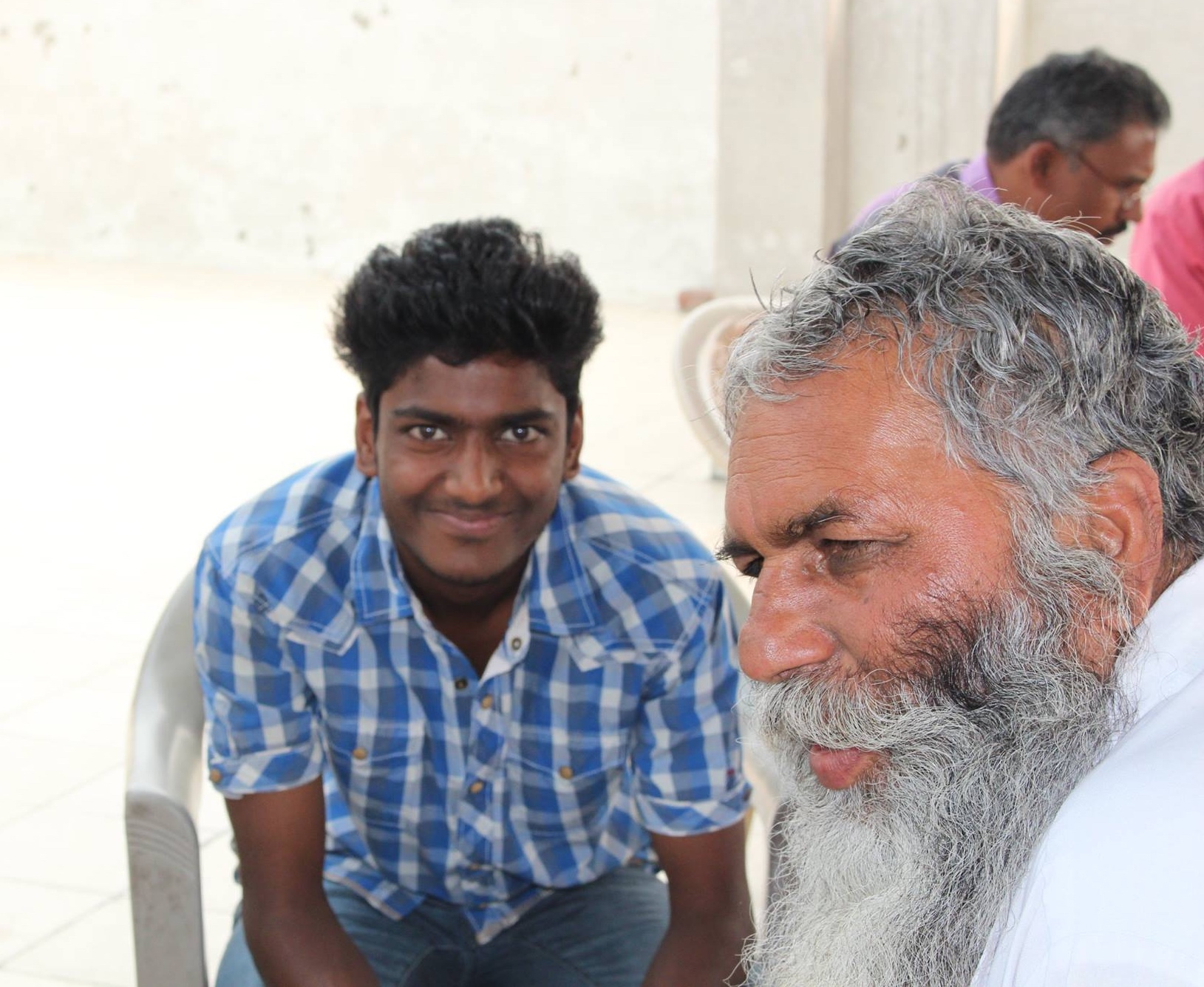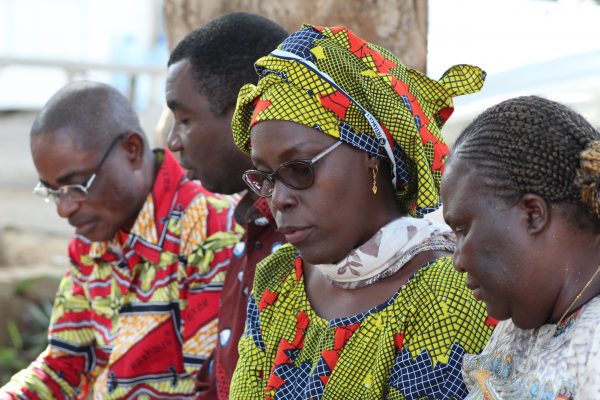“Could it be that orality is not about literacy at all?”
Six years later, this is what I have learned from experiencing it as a practitioner:
“No, orality is not about literacy. It’s not about literacy at all. Orality is about STORY.”
In fact, we at Freedom to Lead believe in this so strongly that we use the word “storycentric” to describe the cultures we work with. We recognize that “orality” has connotations- real or perceived – that can cause confusion. But it is story that captures the heart of both the nonliterate and the literate. It is both biblical stories and current, personal life stories that inspire all people to embrace the God of the Bible.
Read more

